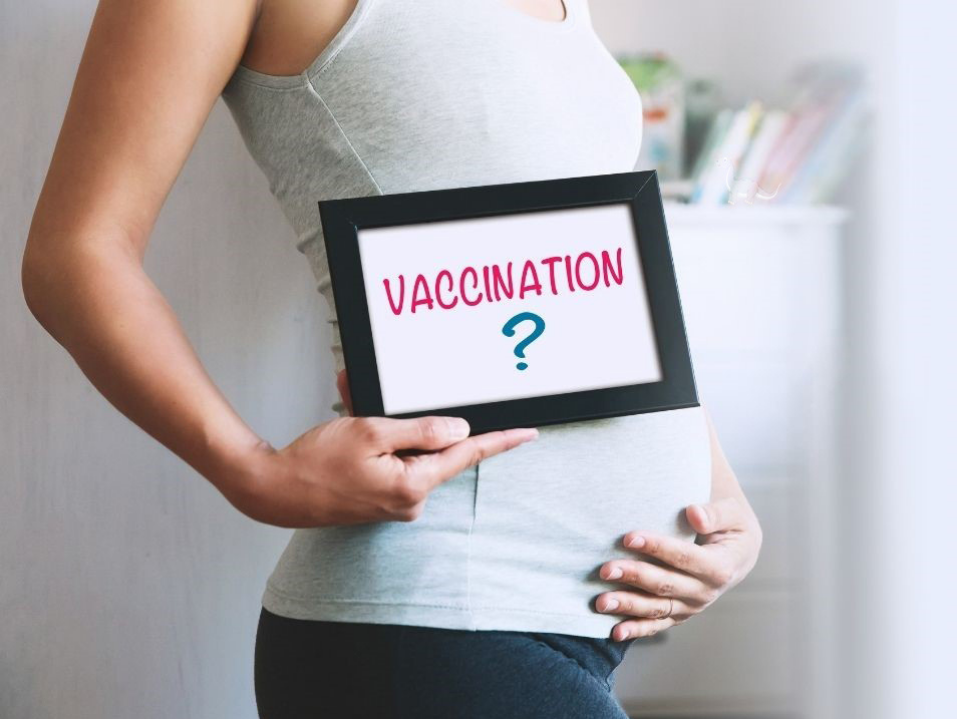“Vaccines are one of the greatest public health achievements of the 20th century. Before the widespread use of vaccines, people routinely died from infectious diseases…”
In other words: Vaccines save lives.
Here in the United States, COVID-19 related deaths have surpassed 400,000 people. At the same time, two vaccines have been approved by the FDA.
But is it safe for pregnant or lactating women to get a COVID-19 vaccine?
Things You Should Know
- No pregnant or lactating women were included in the trials of the Moderna or the Pfizer-BioNTech vaccines.
- Several women involved in the trials became pregnant after getting the vaccine, but it’s too early to report on any possible effects on the mother or child.
- Both the Moderna and the Pfizer-BioNTech vaccines are mRNA vaccines. That means they social distance from the DNA in cells and do not alter it in any way.
Getting Vaccinated while Pregnant is Your Choice
Women who are pregnant or lactating can choose to wait and receive the vaccine after giving birth or stop breastfeeding. Data indicate that pregnancy doesn’t increase the risk of contracting COVID-19 but may allow the illness to become more severe. Especially in pregnant women with other health conditions such as obesity or diabetes, a case of COVID-19 increases the risk of ICU admission.
For women who are lactating, the American College of Obstetricians and Gynecologists’ Immunization, Infectious Disease, and Public Health Preparedness Expert Work Group state that, “Theoretical concerns regarding the safety of vaccinating lactating individuals do not outweigh the potential benefits of receiving the vaccine.”
What Can You Do While You Decide?
While deciding what course of action is right for you and your growing family, the CDC, ACOG, and other experts recommend these life-saving practices to keep you and your child as safe as possible:
- Always wear a well-fitting face mask over your nose and mouth outside of your home, even if you are outdoors or social distancing. Facemasks do not replace social distancing. Outdoor air does not kill COVID-19.
- Stay 6 feet away from people outside your household, whether indoors or outdoors, with friends or with strangers.
- Avoid crowds, even in grocery store aisles.
- Avoid spaces with little ventilation. Open windows if you have to.
- Wash your hands. All. The. Time.
- Cover sneezes and coughs, even if you’re wearing a mask. You may be infected and asymptomatic. Don’t put others at risk.
With little research on how the new COVID-19 vaccines affect developing embryos, fetuses, and infants, it’s up to each woman to weigh the risks and rewards and make the decision that is right for her and her child. In the meantime, everyone should be vigilant in protecting themselves and others. Pregnant women are high risk, and you never know who might be in their first trimester, just like you never know who might have COVID-19.
References





